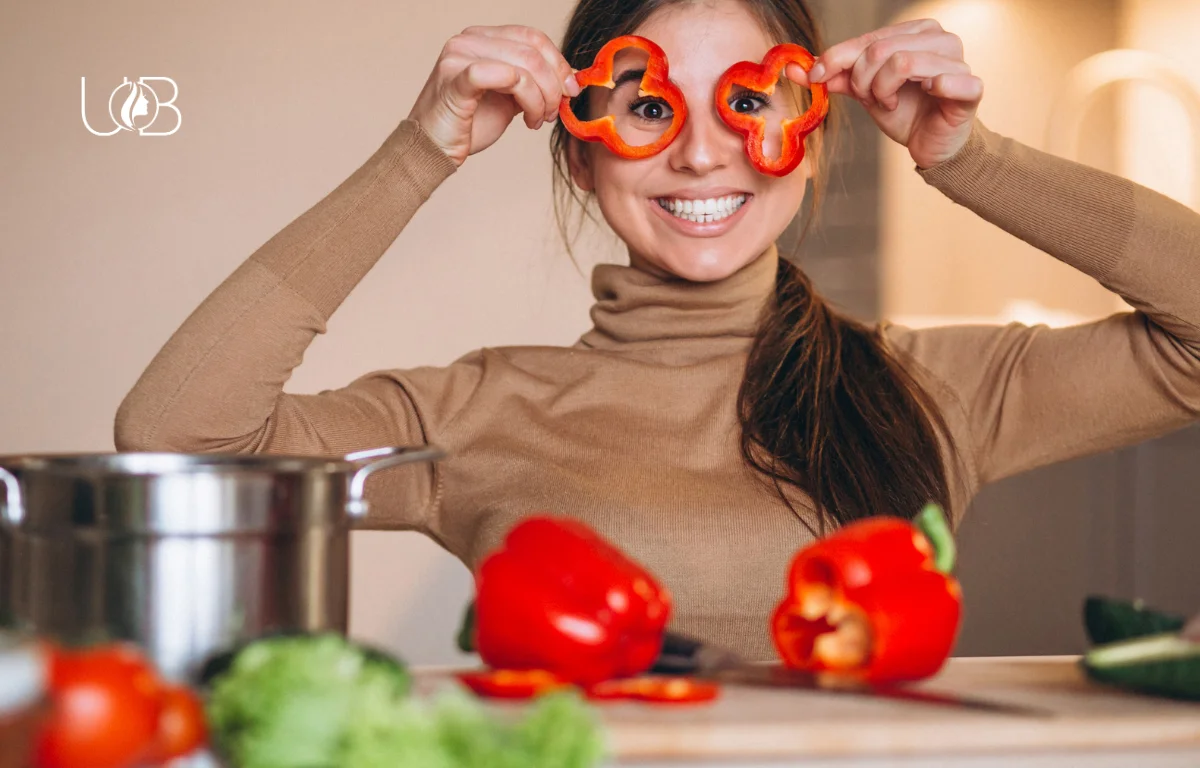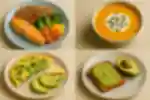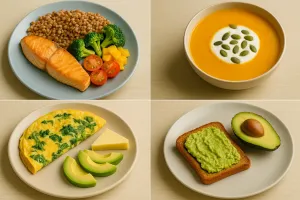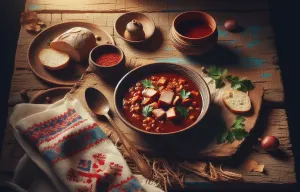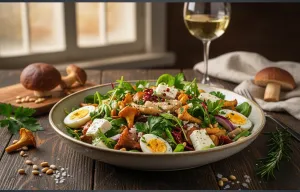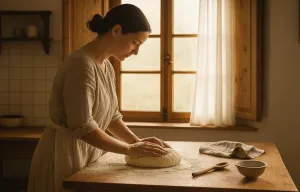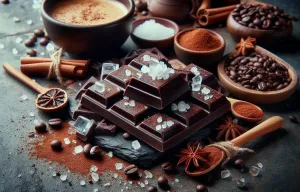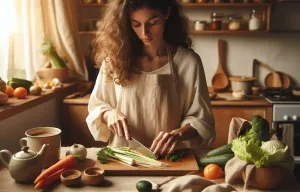Cooking at Union Beauty isn’t about complex recipes or competition. It’s about the joy of creation, the touch of ingredients, and the aroma that fills a home with calm. We see cooking as a ritual of care — a way to slow down and rediscover how good life can taste in its simplicity.
This section is for those who see food not just as fuel but as part of balance and well-being. We combine culinary inspiration with mindfulness, seasonality, and harmony between body and flavor.
We believe cooking is an act of care — for yourself and for others. When you cook, you create more than food — you create an atmosphere of connection. Our stories blend tradition and modernity: how to pair local ingredients with minimalism, how to cook beautifully without excess.
Cooking is not just about results but about process — a quiet therapy through touch, scent, and sound. The rhythm of chopping, the steam of boiling water, the rustle of herbs — all bring you back to yourself. Each meal is a reminder that care begins with small, steady gestures.
We explore food as energy, joy, and sensory experience — a tender gesture toward yourself. We talk about seasonal rhythms: autumn with apples and cinnamon, spring with greens and renewal. The smell of bread or garlic can evoke memories, comfort, or a sense of home, even when you’re far away.
The kitchen is a mood laboratory. It teaches patience, acceptance, gratitude — the essence of slow food: presence, not perfection.
We also talk about mindful consumption — reducing food waste, using ingredients fully, and planning without stress. Finding balance between pleasure and responsibility makes food richer and more meaningful.
Here, there’s space for small rituals: morning coffee by the sea, family dinners without occasion, cooking with children, laughter, and gentle chaos. And those quiet moments when you eat alone and truly taste the day.
Cooking is warmth born from simplicity — the taste of home where care lives, and a reminder that gratitude is the most nourishing ingredient of all.

